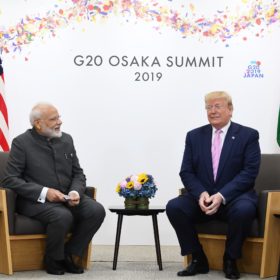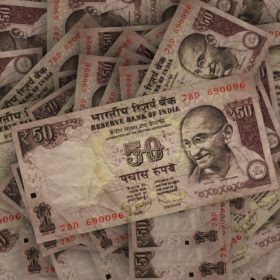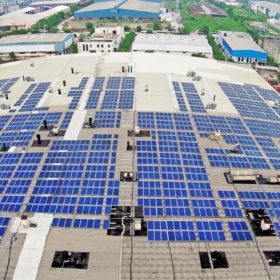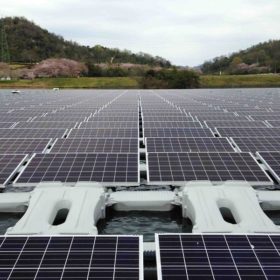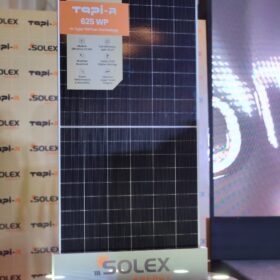India wins WTO solar dispute against US
A World Trade Organization panel has found a U.S. move to incentivize the use of domestic solar products put imported goods from India and other countries at a disadvantage.
Group captive solar projects on the rise among corporates
With Karnataka withdrawing open access waivers and the policy not replicated elsewhere, corporate buyers are increasingly favouring group captive projects that are exempt from the cross-subsidy surcharge—the largest and most unpredictable component of grid charges for open access power.
What solar manufacturers want from Budget 2019
Indian solar manufacturers are facing a double whammy with USA removing preferential trade status for India and safeguard duty imposed by India nearing fall to 20% from July 2019. Struggling to find domestic as well as export markets, they expect the government to focus on policy direction, not just expenditure.
Uttar Pradesh to commission 1.5 GW of solar by next year
The state is hoping for 10.7 GW of renewable energy generation capacity by 2022 and rooftop solar is set to play a big role.
Kerala’s water transport authority to launch India’s first solar-powered cruise
The unqualified success of the Aditya solar passenger ferry, which took to the water in 2017, has prompted the water transport body to make plans for a more luxurious form of transport which is due for launch within four months.
India eyes 500 GW renewable capacity by 2030
The country has so far achieved around 80 GW of installed renewable energy capacity in chasing “175 GW by 2022” target. De-dieselisation of farms and railways ranks high on the Modi government’s priority list to push solar adoption.
Maharashtra to get 500 MW floating solar plants in four dams
Earlier, the state had planned to set up floating solar plants at Ujani and Irai dams but had to shelve the projects due to ambiguity on the project implementation as well as revenue sharing, and the high cost involved, respectively.
Electrifying the current taxi fleet would help India cut emissions faster: Wood Mackenzie
Though electric vehicles are up to 67% less emissions intensive than gasoline cars, their competitiveness depends on many factors like the source of electricity used for vehicle and battery manufacturing and charging. Given that India still has a high share of coal or other fossil fuels in its power mix, electrifying the current car taxi fleet would help it cut emissions faster than incentivising the use of privately owned EVs because of the taxis’ greater utilisation in terms of miles travelled.
NSEFI urges Karnataka to prevent solar curtailment
Citing huge losses to solar power developers, the lobby group has urged state-owned utility Karnataka Power Transmission Corporation Limited not to arbitrarily curtail generation from solar power projects that are in any case ‘must run.’
Railway Energy tenders 140 MW hybrid project capacity
Three dual renewable energy generation projects are up for grabs with the state owned railway management company having set a tariff ceiling of Rs2.70/kWh for projects which will be dominated by wind capacity.
